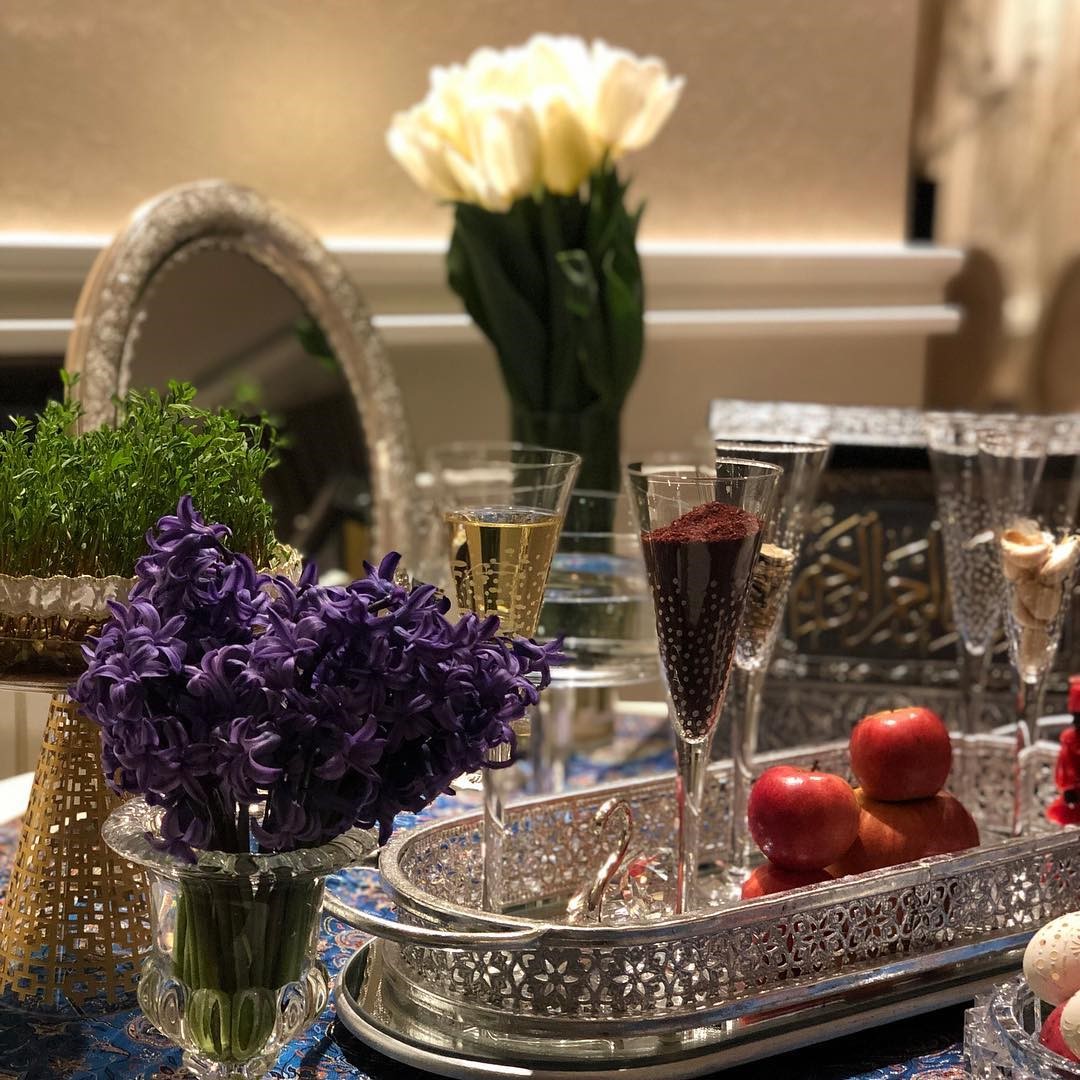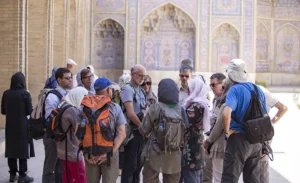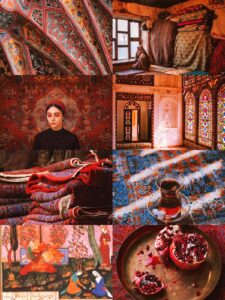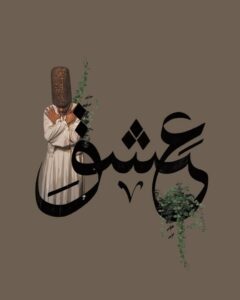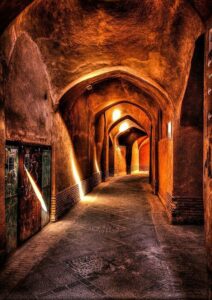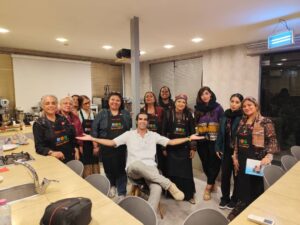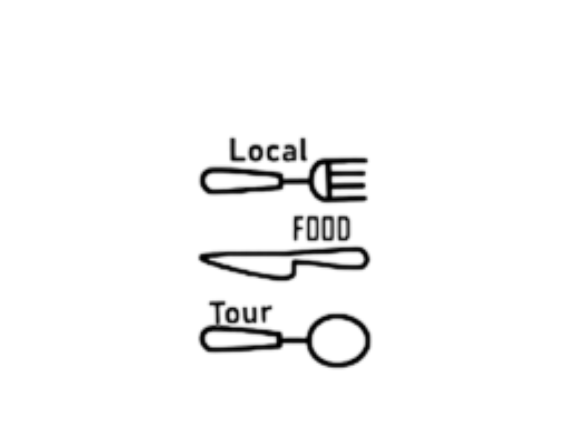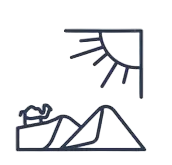Nowruz, Iranian New Year Celebration
What is Nowruz?
Norooz, the Persian new year is a traditional festival marking the first days of spring and the renewal of nature. It is partly rooted in the religious tradition of Zoroastrianism, one of the most ancient religion in the world, and has been celebrated for over 3,000 years. During Noruz holiday families gather to celebrate. It is observed in Afghanistan, Albania, Azerbaijan, Iran, Kazakhstan, Tajikistan and Turkey.
Spring Cleaning (Khouneh Tekouni)
Spring cleaning is called khouneh Tekouni in Iran, is the practice of cleaning the house at the same time with the renewal of nature. Weeks before Nowruz, every Iranian excitedly looks up the date and plans for preparing the house for the new year.
Family Shopping in Nowruz
In the Persian new year, renewal is not only about the nature, it is about new clothes and even new furniture. One of the Beautiful ceremonies before the New Year is that all families go out together for shopping and get those requirements that are related to the New Year. Kids are so exited to buy their new clothes for the visiting celebrations.
Hajji Firuz
He is traditional-fictional character for the new year, like Santa Claus, perhaps as a remnant of the ancient Zoroastrian fire-keeper. His face is covered in soot and he is clad in bright red clothes. People gather around him and he dances with tambourines and trumpets bringing glad news of Nowruz coming.
Haft Sin
Soferh-e Haftseen is a kind of tablecloth spreading in every Persian household during Nowruz includes seven items starting with the letter ‘S’ in the Persian alphabet:
“Sabzeh” (sprouts), “Sib” (apples), “Samanu” (wheat pudding), “Sir” (garlic), “Senjed” (dried oleaster), “Sumac” (Sumac fruit) and “Serkeh” (vinegar).
You can find other items in this tablecloth like homemade candies, painted eggs, mirrors, flowers and gold fish.
Visiting Celebrations
At the first day of Nowruz (first day of Persian calendar), Iranian families gather around the table of Haft Sin, they kiss each other, and gifts are exchanged. During the next days, the youths visit the senior family members first and then younger ones. This chain of visiting continues to the last day of Nowruz (13th day of the Persian calendar). Usually guests served with nuts, fruits and sweets and the elders give a little money as a gift called “Eydi” to the kids.
Iranian New Year Meals
Iranians are used to prepare special traditional meals at the first day of the new year and the whole family gather to have this meal together in cheerful atmosphere. Sabzi Polo Mahi: This traditional meal that is prepared in different cities of Iran for starting the new year celebration is the mixture of rice and fresh green herbs served with fish. Kookoo Sabzi: This is a kind of traditional light and fluffy omelet includes Herbs, vegetable, eggs and walnut. Reshteh Polo: It is prepared in some cities that is rice cooked with a special noodle.
Sizdah Bedar The thirteenth day of the New Year festival is called Sizdah Bedar. All Iranians go on a picnic in the nature. They play music, dance and eat sweets. On this day, people respect the nature and are thankful of its renewal, they throw Sabze in the rivers as the symbol of greenness.
